|
|
|
Editor's note
|
|
Portable DNA sequencers, the size of a USB, are proving valuable to scientists working in the field during disease outbreaks. These sequencers will become increasingly common in the next few years, and ordinary people could soon be collecting and uploading metagenomic data from their homes and neighbourhoods. The problem, Liam Shaw and Nicola C. Sugden warn, is that this could put people’s privacy at risk.
The year started with two pieces of remarkable news from outer space: the most distant planetary flyby ever, and China’s successful landing of a rover on the far side of the moon. These set the trend for a busy, important year for space research, as Keith Gottschalk explains.
The African National Congress in South Africa has set out its stall for elections due in the first half of this year. Celebrating the party’s 107th anniversary at a packed stadium in the port city of Durban, party president Cyril Ramaphosa promised an inspirational vision of renewal and a turn in the country’s fortunes. The problem, as Cheryl Hendricks argues, is that there’s no sign of a concrete plan to ensure the grand ideals are translated into action. This means that it’s still an open question whether the party can ensure the country doesn’t make a u-turn and head back into despair.
|
Natasha Joseph
Science & Technology Editor
|

|
|
Top Stories
|
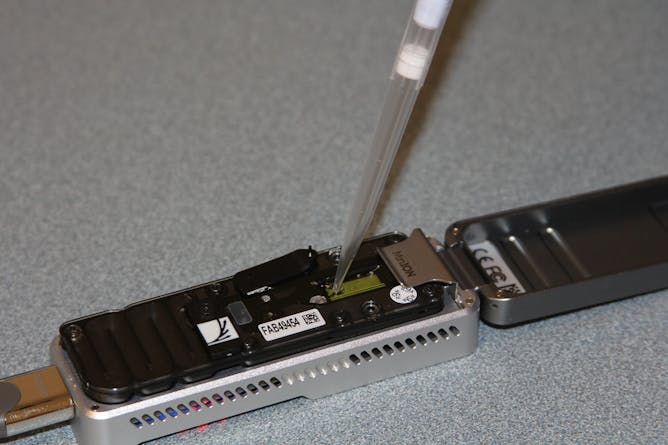
A portable DNA sequencer in action.
UGA CAES/Extension/Flickr
Liam Shaw, University of Oxford; Nicola C. Sugden, University of Manchester
Researchers have increasingly turned to DNA sequencing to help identify and track diseases like Ebola.
|
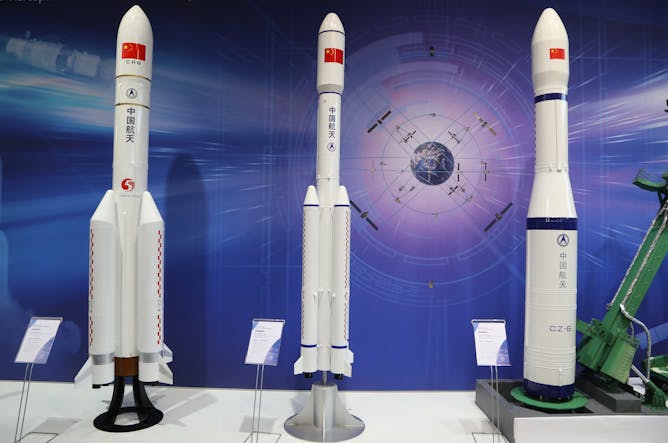
Scale models of rockets at China Aerospace Science and Technology Corporation’s booth at the International Astronautical Congress.
FOCKE STRANGMANN/EPA
Keith Gottschalk, University of the Western Cape
The space industry and global interest in all matters inter-planetary is growing.
|
Politics + Society
|
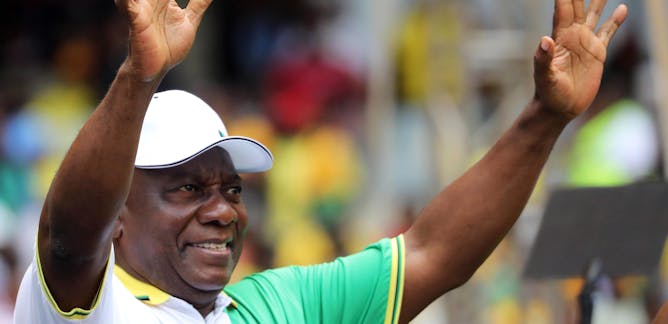
Cheryl Hendricks, Human Sciences Research Council
The vision set out by Cyril Ramaphosa has the seeds for galvanising South Africans to get back on the right path. But it urgently needs a plan to make it happen.
| |
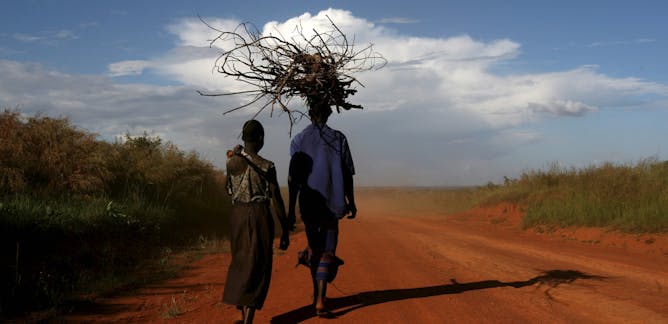
Teddy Atim, Tufts University
Post conflict recovery is largely driven by the assumption that as soon as conflict ends, normality returns.
|
|
|
From our international editions
|
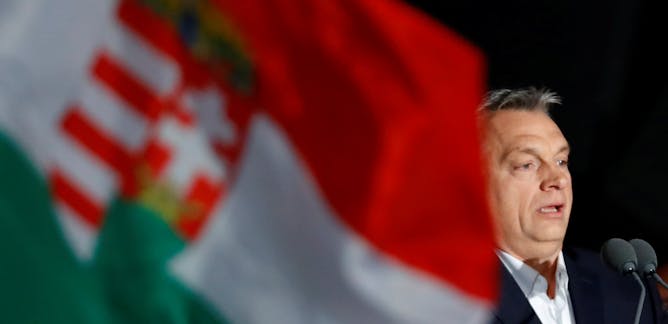
John Shattuck, Tufts University
Hungarian Prime Minister Viktor Orban has transformed from a liberal into an authoritarian leader who uses the tools of democracy to attack civil society. Hungarians are protesting in the streets.
| |
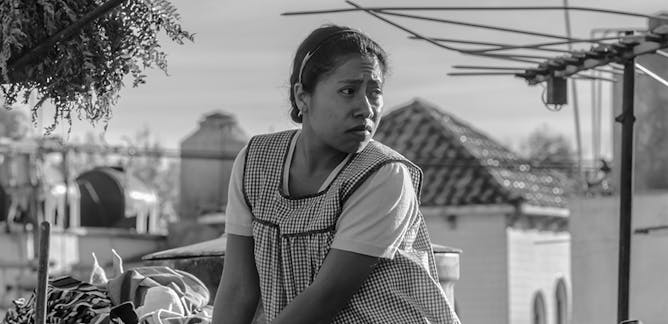
Alejandro Hernandez, Carleton University
Director Alfonso Cuarón was awarded best foreign language film and best director at the Golden Globes for 'Roma.' Here, a sociologist explains the hidden historical and cultural context of the film.
|

H. Peter Soyer, The University of Queensland; Katie Lee, The University of Queensland
You need far less sun than you think you do.
| |

Saverio Stranges, Western University
Most vitamins and other nutritional supplements are unlikely to prevent chronic disease. Invest in good quality foods, sleep and exercise instead.
|
|
|
En français
|
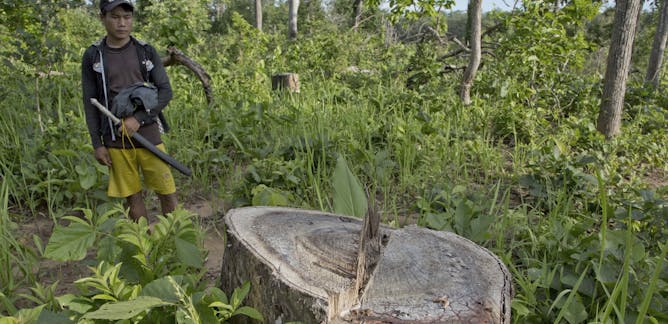
Eric Freedman, Michigan State University
Couvrir les sujets environnementaux est l’un des exercices les plus périlleux du journalisme. Entre 2005 et 2016, 40 reporters y ont laissé la vie.
| |
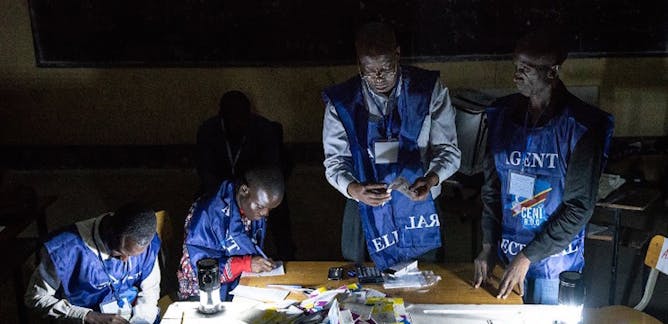
Thierry Vircoulon, Sciences Po – USPC
Après la très probable gueule de bois électorale en RDC, on peut dessiner l'après-scrutin grâce aux déclarations du président sortant et de l'examen de la Constitution congolaise.
|
|
|
| |
| |
| |
| |
Would you like to republish any of these articles?
|
|
It’s free to republish, here are the guidelines.
Contact us on africa-republish@theconversation.com in case you need assistance.
|
| |
| |
| |
| |
|
|
|
|
|
|
|